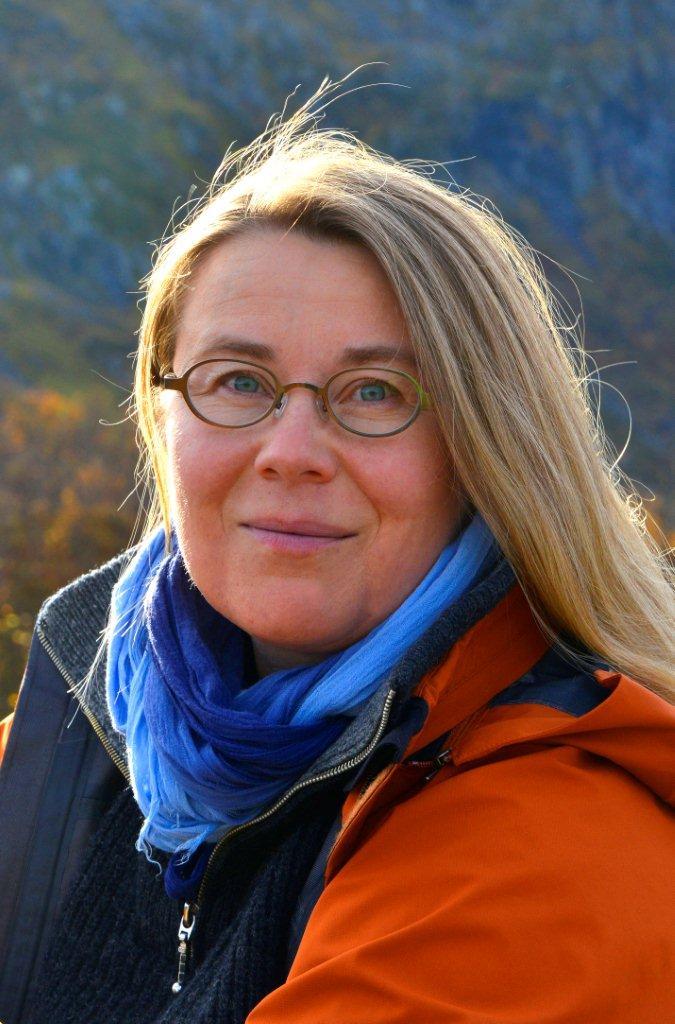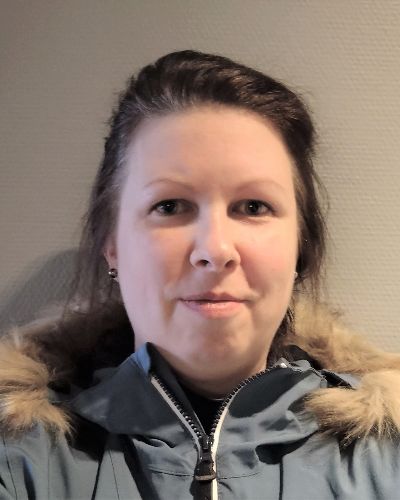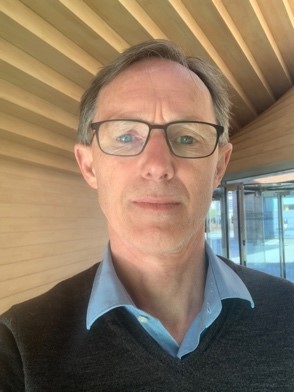Starting date: June 12.-16., 2023
Registration deadline: May 15th, 2023
Location: NMBU Ås
ECTS: 5
Registration is open
Students should register to this course through here + at NMBU using the online form linked to under practical info.
Course leader
Practical info
This course will be on site at Ås.The responsible institution is NMBU. To be admitted to the course you must register both here and at NMBU.
Important! Registration is binding! Do not register for a course unless you are sure that you can attend.
Course participants that are Photosyntech members must register both ways:
- Register to Photosyntech using the form at the bottom of this page.
- Register through NMBU, the host university using this online form.
Course content
This course aims to introduce the emerging research fields of high throughput plant phenotyping used for vegetation mapping and plant breeding, with a focus on remote sensing field phenotyping methodologies and related data analysis.
The basic principles of commonly used remote sensing UAV-based imaging methods in high-throughput field phenotyping and vegetation mapping will be introduced together with practical examples. A special focus will be put on giving the students hands-on training in use of field phenotyping methodologies, including gathering data from hand-held devices and UAVs and robots, and analysis of the data to answer biological questions. The objective of the course is to provide the participating students with the basic knowledge and understanding of remote sensing and field phenotyping methodologies and associated data processing as research tools in agricultural and biological sciences.
This is a joint PHOTOSYNTECH and NOVA-funded PhD course to be held physically at NMBU in Ås.
For further information, please contact
Sahameh Shafiee: sahameh.shafiee@nmbu.no
Morten Lillemo: morten.lillemo@nmbu.no
Learning outcome
Participation in lectures and daily learning diaries (2 ECTS)
- knowledge about analysis sensors available for plant phenotyping and vegetation mapping
- knowledge about standard data analysis pipelines for field phenotyping data
- gaining understanding of the opportunities and challenges in experimental design in plant phenotyping
Participation in the workshops (1 ECTS)
- gaining hands on experience in field phenotyping methodologies, image-based data acquisition, and data processing
Literature study, presentation and lab report as pre and post assignments (2 ECTS)
- gaining deeper understanding of the chosen biological process and chosen technology through own study
- application of gained knowledge in the writing of the data analysis report (post course assignment)
Learning activities
Lectures. The following topics will be covered: Remote sensing and field phenotyping methodologies. Data processing and analysis of UAV images from field trials. Low-cost phenotyping methods.
Workshops with hands-on training in field phenotyping methods
Journal club: student presentations of pre-assigned literature in groups.
Prerequisites
MSc degree in a relevant field is required. Relevant fields: agriculture, forestry, biological and environmental sciences.
Mandatory activity
Pre-course assignment, active participation in journal club, lectures and training activities, writing of learning diary and data analysis report.
Course dates
June 12-16, 2023.
Admission deadline
May 15th 2023.
Admission requirements
To apply for this course you must be a PhD candidate at one of the Norwegian institutions. The course is intended for PhD students with basic knowledge in relevant fields of plant breeding, biology and environmental sciences. Students with plant phenotyping and vegetation mapping related research in their PhD project will get priority.
The course will be arranged with a minimum number of 5 students. Maximum participants: 25.
If the number of applicants exceeds the number of places available, applicants will be ranked in this order: 1. Photosyntech and NOVA PhD candidate members 2. NMBU PhD candidates. 3. Other.
Language
English.
Examination
Pass/Fail based on active participation in assignments and workshops, presentation, submission of learning diaries and data analysis report.




